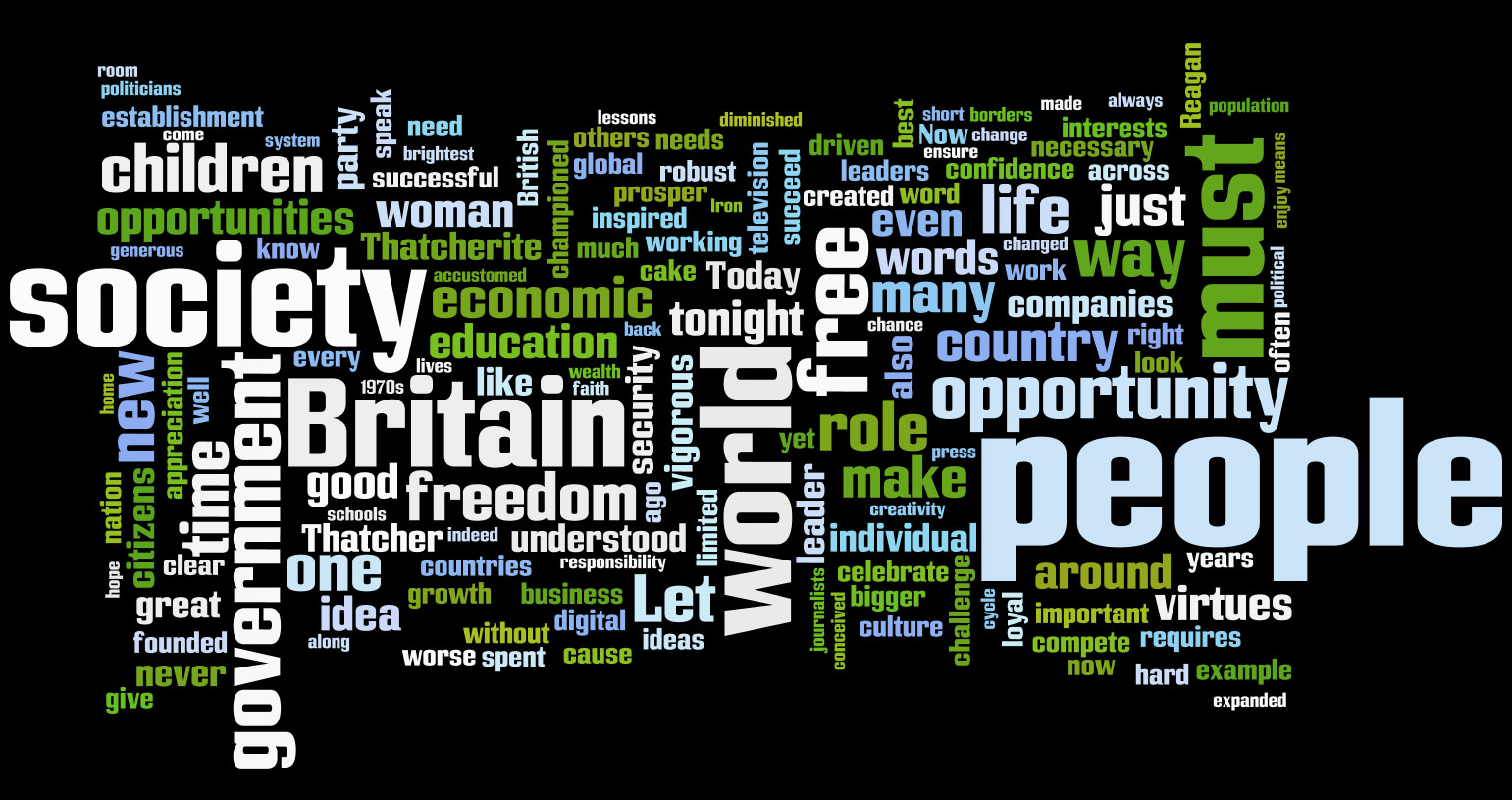The media is failing its responsibility to report on international aid and corruption in foreign countries, Giles Bolton, head of ethical trading policy at Tesco, said at a debate last night.
“In terms of the complicated answers and questions related to international aid, the media fall short,” he said. He went on to claim that journalists “don’t know what’s really going on abroad”.
The debate, chaired by the BBC’s George Alagiah, followed the ring-fencing of international aid in the Comprehensive Spending Review and asked whether it was time to rethink the approach to funding aid at a time of severe domestic spending cuts.
Bolton told the 300-strong audience at St. Peter De Beauvoir Church, Hackney that “we can’t trust the media to tell us how well money is spent because they don’t go to the remote countries unless there is some sort of tragedy.
“Journalists are only taken to report on the good stories, when a charity pays for them to go. So, we only ever hear about when aid is working. As a result, you can’t trust much of what is said about the aid industry.”
Alagiah faced tough questions concerning BBC policy, with an audience member asking him: “When will the BBC show what’s really going on in countries with corrupt governments?”
He refused to comment on the broadcaster’s coverage but later admitted, in response to a question about his own experience of journalists reporting on aid, that he has “seen both the good and the bad” as a BBC foreign correspondent.
Alagiah and Bolton agreed that more accountability in the media is essential for key issues surrounding aid to be properly understood and resolved.
Lucy Osborne is a freelance journalist. She is currently studying for an MA in Newspaper Journalism at City University London. Her website is http://lucyosborne.wordpress.com.
